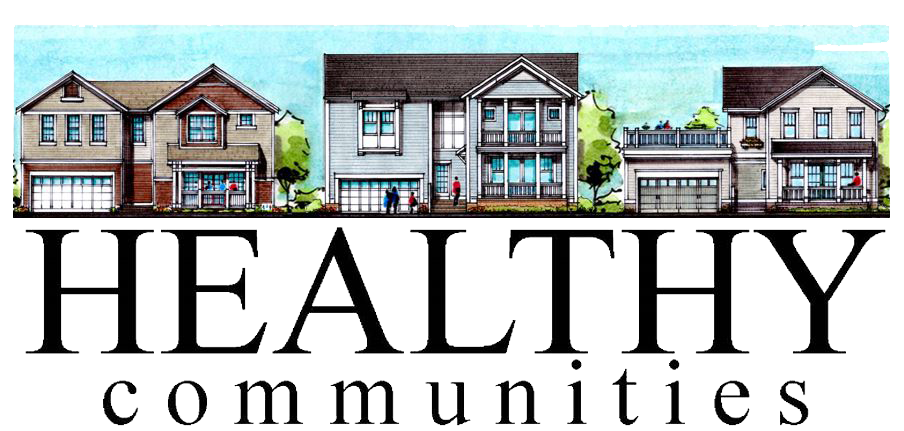An increasing number of construction companies are performing green building work throughout the United States. This is due in part to the ever-increasing focus on sustainability in design and construction, but also due to some of the green building financial incentives on state and federal levels that reward people and companies for achieving certain levels of sustainability with their work.
Let’s take a quick look at some of the most prominent green building financial incentives you should be aware of when working on designing your next project.
Federal incentives
There are a variety of federal tax incentives that currently apply to green building construction. These include:
- Fuel cells
- Geothermal heat pumps
- Plug-in electric vehicles
- Small wind turbines for residential properties
- Solar energy systems (including solar water heaters)
State incentives
The state of Virginia also offers a wide range of green building financial incentives for home and business owners with sustainable features on their premises.
The state’s Energy Efficient Buildings Tax Exemption allows any municipality to partially exempt energy efficient buildings from their local property taxes. To meet eligibility for this partial exemption, buildings must meet any of the following stipulations:
- Meeting or exceeding performance standards of the Leadership in Energy and Environmental Design (LEED) Green Building Rating System
- Meeting or exceeding performance standard set by the Green Gloves Green Building Rating System of the Green Building Initiative
- Achieving Energy Star certification or qualification
- Exceeding energy efficiency standards set by the Virginia Uniform Statewide Building Code by at least 30 percent
- Meeting or exceeding standards or guidelines set by the EarthCraft House Program
The state also offers property tax exemptions specifically for solar equipment. Any municipality can partially or fully exempt solar energy equipment or recycling equipment from property taxes in that municipality. Any residential, industrial or commercial property can apply for this exemption. The equipment in question must be designed and used primarily for water heating, space heating or cooling or any other application that would otherwise require the use of conventional energy sources.
There are also weatherization and energy assistance programs available for low-income homeowners and renters. Under this program, eligible individuals receive funds to reduce their heating and cooling costs to ensure they can stay healthy and safe. The program covers costs of repairs and improvements to home HVAC systems and the installation of energy-saving appliances and fixtures.
Finally, Virginia also offers a wide range of industrial green building financial incentives, including energy efficient buildings tax exemptions. Any municipality can fully or partially exempt energy efficient buildings from local property taxes. The buildings must meet the standards listed above. This is specifically for industrial buildings, and this incentive is available in Charlottesville and Roanoke.
Interested in learning more about some of the green building financial incentives associated with environmentally friendly construction and how these will factor into your costs for a given project? Contact our team at Healthy Communities with any questions you have and we will be happy to provide you with further information about these available incentives.
